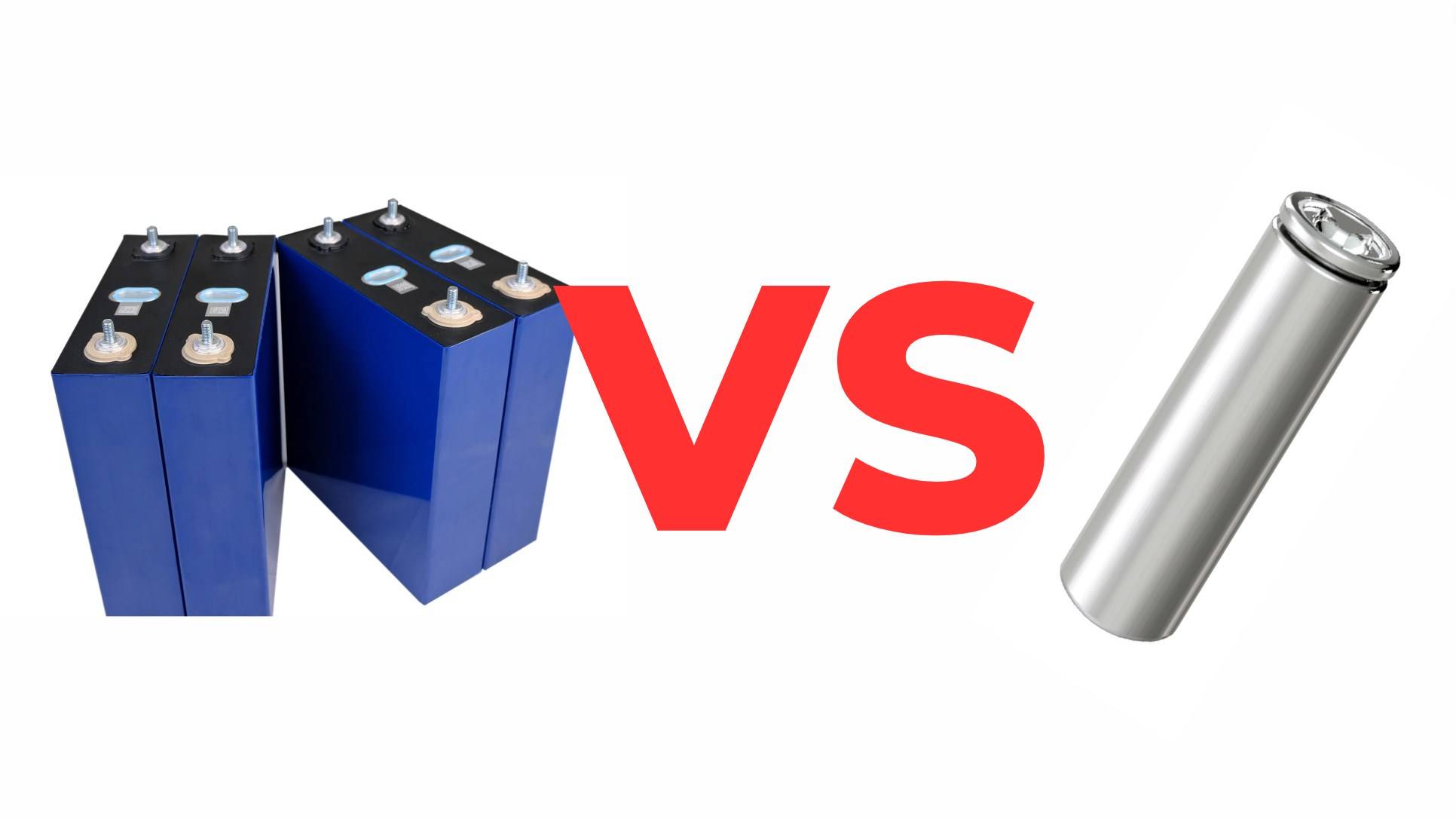Understanding the differences between cylindrical, prismatic, and pouch lithium-ion batteries is essential for selecting the right battery for specific applications. Each type has unique characteristics that impact performance, energy density, manufacturing complexity, and safety features.
How do cylindrical lithium-ion batteries differ from prismatic batteries?
Cylindrical lithium-ion batteries are characterized by their round shape and are typically encased in a rigid cylinder. They are often used in consumer electronics due to their high energy density and robust design. In contrast, prismatic batteries have a flat, rectangular shape that allows for efficient stacking in devices with limited space. This design can enhance energy storage but may also introduce challenges related to thermal management.Chart: Comparison of Cylindrical vs. Prismatic Batteries
| Feature | Cylindrical Batteries | Prismatic Batteries |
|---|---|---|
| Shape | Round | Rectangular |
| Energy Density | High | Moderate |
| Thermal Management | Good | Moderate |
| Applications | Consumer electronics | Electric vehicles, storage |
What are the advantages and disadvantages of pouch lithium batteries?
Pouch lithium batteries are known for their lightweight design and flexibility in shape. They can be customized to fit various applications but may lack the mechanical stability provided by rigid casings found in cylindrical or prismatic cells. Their advantages include higher specific energy and lower weight; however, they require careful handling to avoid damage.Chart: Advantages and Disadvantages of Pouch Batteries
| Advantages | Disadvantages |
|---|---|
| Lightweight | Less mechanical stability |
| High specific energy | Susceptible to physical damage |
| Customizable shapes | Requires protective measures |
How does the physical structure affect the performance of each battery type?
The physical structure of a battery influences its performance characteristics significantly. Cylindrical cells have a winding design that allows for better heat dissipation compared to prismatic cells, which can stack closely together but may struggle with thermal management. Pouch cells offer flexibility but can swell under certain conditions if not properly managed.
What are the energy density differences among cylindrical, prismatic, and pouch cells?
Cylindrical cells generally exhibit higher energy density compared to prismatic and pouch cells due to their efficient use of space within a cylindrical casing. Prismatic cells provide a balance between size and capacity, while pouch cells often have the lowest energy density but excel in applications where weight is critical.Chart: Energy Density Comparison
| Battery Type | Energy Density (Wh/kg) |
|---|---|
| Cylindrical | 250 – 300 |
| Prismatic | 200 – 250 |
| Pouch | 150 – 200 |
Why is manufacturing complexity important when choosing a battery type?
Manufacturing complexity can impact both cost and production efficiency. Cylindrical batteries often involve intricate winding processes that can increase production costs. In contrast, prismatic batteries typically have simpler assembly processes that can lead to lower costs per unit when produced at scale. Pouch cells generally require fewer materials but may involve unique challenges related to sealing.
How do safety features vary between cylindrical, prismatic, and pouch cells?
Safety features differ significantly across battery types. Cylindrical cells tend to have robust casings that protect against mechanical stress, while prismatic cells offer moderate protection with their rigid structures. Pouch cells lack a hard casing, making them more vulnerable to punctures or swelling; hence they require additional protective measures during usage.
What applications are best suited for each type of lithium-ion battery?
Cylindrical batteries are commonly used in portable electronics due to their high energy density and durability. Prismatic batteries are ideal for electric vehicles and energy storage systems where space efficiency is critical. Pouch batteries find their niche in lightweight devices like drones or wearables where form factor flexibility is essential.
Buy Wholesale Battery Tips
When considering wholesale purchases of lithium-ion batteries or OEM orders, partnering with a reputable manufacturer like Redway Battery is essential. Their extensive experience ensures high-quality products that comply with international standards. The typical process includes:
- Submitting an inquiry detailing your requirements.
- Collaborating with engineers to finalize specifications.
- Approving samples before mass production.
- Receiving timely shipments upon order confirmation.
Choosing a trusted manufacturer guarantees reliable products that enhance your business offerings.
Industrial News
Recent developments in the lithium battery industry highlight a growing trend towards solid-state technology as manufacturers seek safer alternatives with higher capacities. Additionally, advancements in recycling processes aim to reduce waste while improving sustainability efforts across the sector.
Redway Expert Views
Understanding the nuances between different lithium battery types is vital for making informed choices,” states an expert from Redway Power. “As technology evolves, we expect more innovations that will enhance performance while addressing safety concerns.”
FAQ Section
- What is the main difference between cylindrical and prismatic batteries?
Cylindrical batteries are round and typically offer higher energy density, while prismatic batteries are flat and designed for efficient stacking in space-constrained applications. - Are pouch batteries safer than cylindrical or prismatic ones?
Pouch batteries are lighter but less mechanically stable than cylindrical or prismatic options; they require careful handling to avoid damage. - Which battery type has the highest energy density?
Cylindrical batteries generally provide higher energy density compared to both prismatic and pouch types. - What applications benefit most from using prismatic batteries?
Prismatic batteries are well-suited for electric vehicles and large-scale energy storage systems due to their efficient use of space. - How do manufacturing costs compare among these battery types?
Cylindrical cells often have higher manufacturing costs due to complex winding processes; prismatic cells tend to be more cost-effective at scale due to simpler assembly methods.



